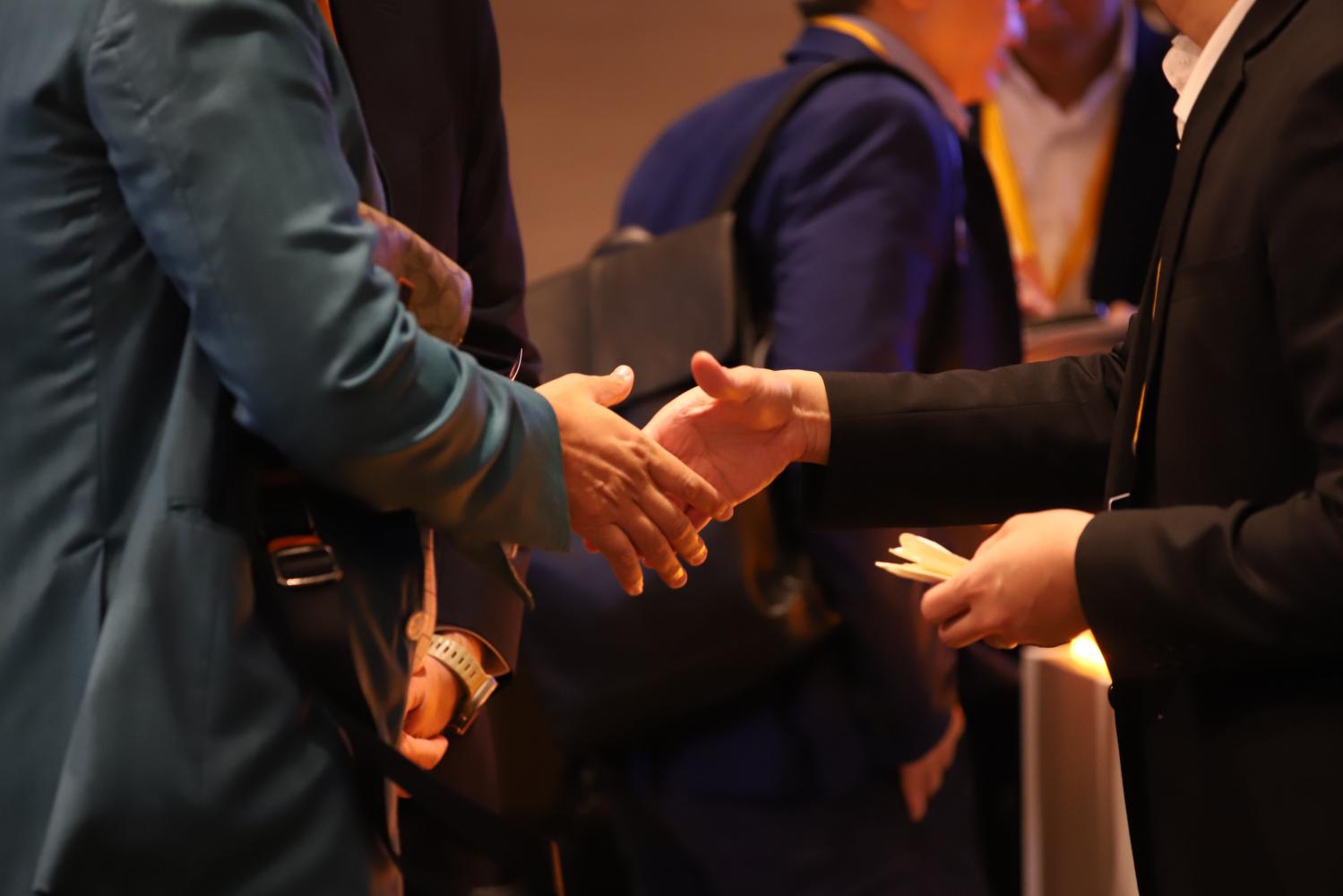
The Eastern Economic Corridor (EEC) smart city initiative is likely to be the second development project involving collaboration with China and Japan, following the high-speed rail network linking the three main airports of Don Mueang, Suvarnabhumi and U-tapao.
Kanit Sangsubhan, secretary-general of the EEC Office, said the Japan International Cooperation Agency (JICA) is conducting a feasibility study for smart city development in the EEC.
The study covers the smart city evaluation framework, policies and incentives that could attract private companies.
Chachoengsao province is expected to host the smart city.
Private companies are allowed to develop their own smart cities, with SET-listed industrial estate developer and operator Amata Corporation Plc ready to develop a smart city project at its industrial estate in Chon Buri province, Mr Kanit said.
Amata plans to transform a 42-square-kilometre industrial estate into a smart city by applying new technology, renewable energy, energy-efficient infrastructure and sustainable environmental management.
The company completed a feasibility study with Yokohama city in Japan last year.
Mr Kanit said the China Development Bank also pledged to finance investment in a smart city and attract Chinese companies to invest therein.
"We have yet to set any schedule for the bidding for the smart city development in the EEC, as the government is initially focusing on the five infrastructure projects," he said.
Those five projects are a high-speed railway linking the three airports (225 billion baht); U-tapao aviation city (290 billion); a maintenance, repair and overhaul (MRO) centre in two phases (10.6 billion); the third phase of Laem Chabang seaport (114 billion); and the third phase of Map Ta Phut seaport (55.4 billion).
Tadashi Maeda, governor of the Japan Bank for International Cooperation (JBIC), confirmed to Prime Minister Prayut Chan-o-cha and Deputy Prime Minister Somkid Jatusripitak, whom he met on March 7, that the bank was ready to extend soft loans for the high-speed railway linking Don Mueang airport in Bangkok with Suvarnabhumi in Samut Prakan and U-tapao in the eastern province of Rayong.
The Japanese bank also confirmed support for investment in the Chachoengsao smart city.
Mr Somkid said the concerted support by China and Japan in the EEC is meaningful for building the investment climate in Thailand and boosting investor confidence in overall EEC development.
"The current government pledges to try its best to have agreements for five key infrastructure projects signed with private companies within this month, with construction to commence later this year," he said.
"This government has taken four years to implement the EEC scheme, and the conclusion of these vital projects will provide concrete evidence that we can achieve infrastructure objectives."


